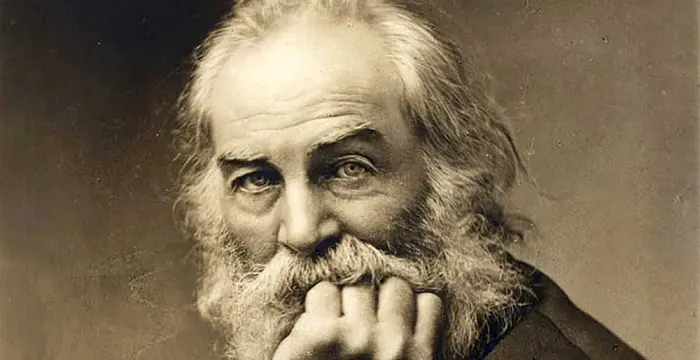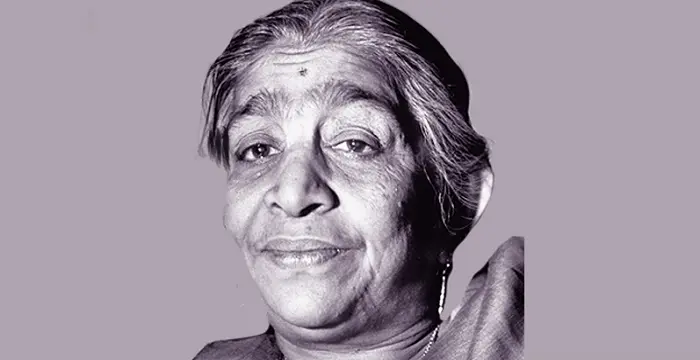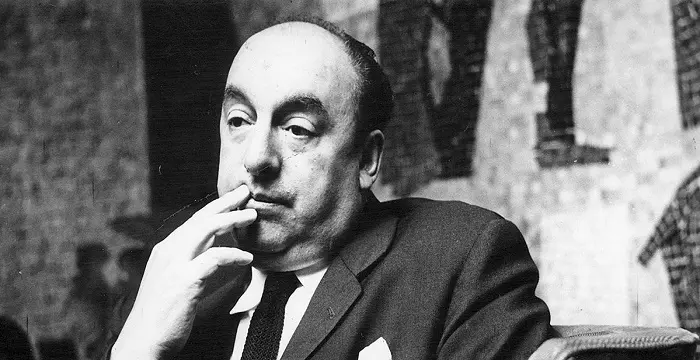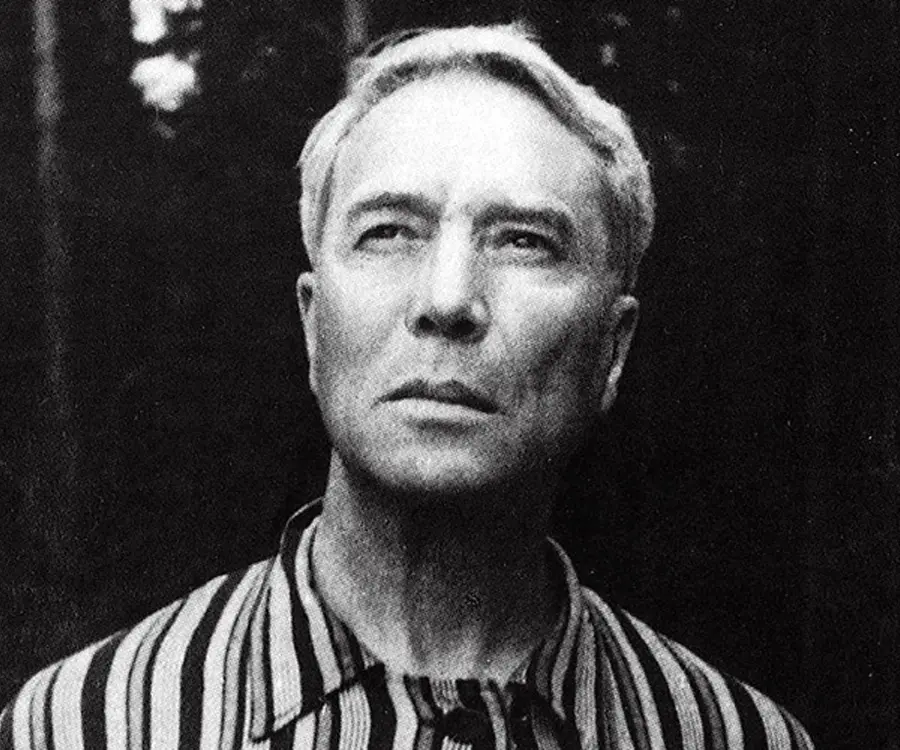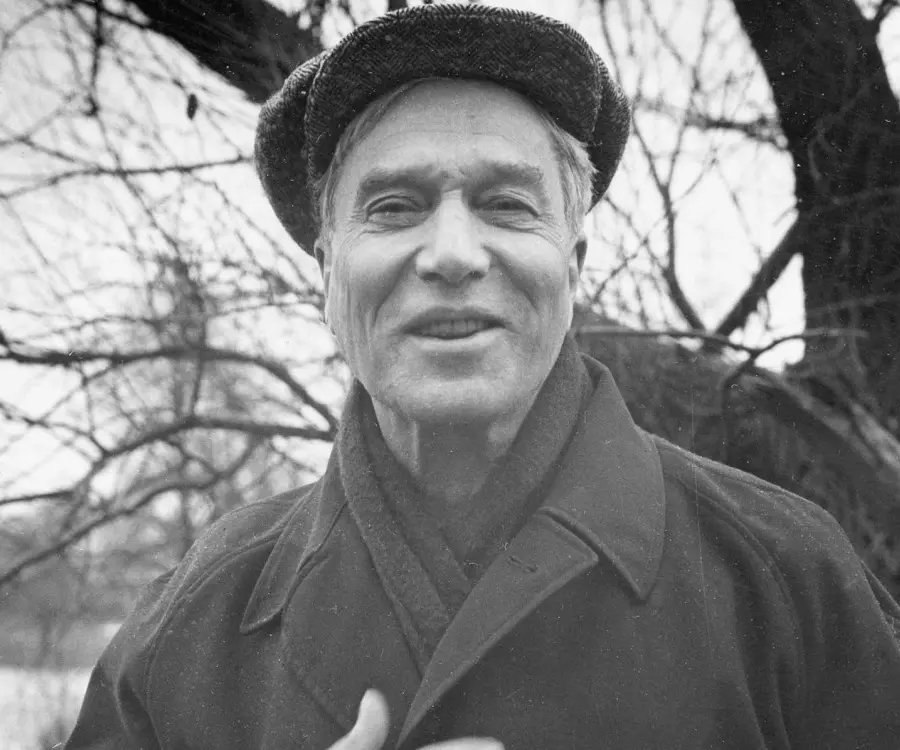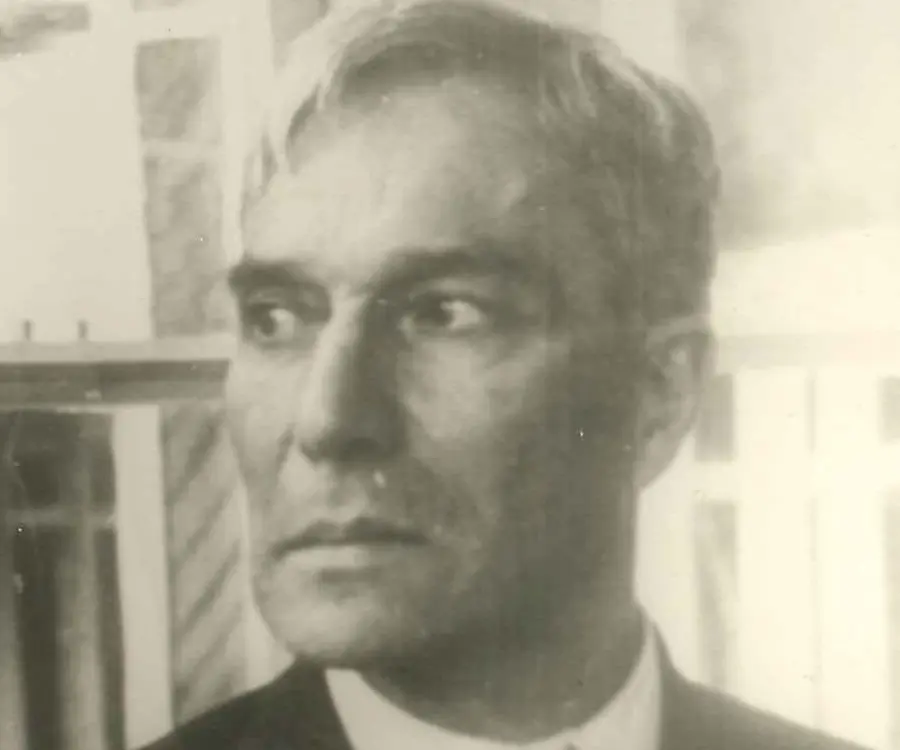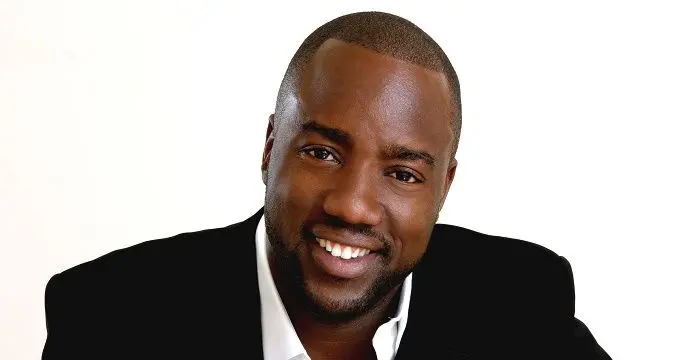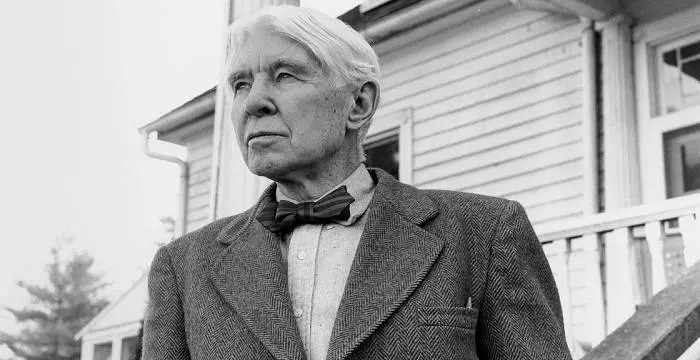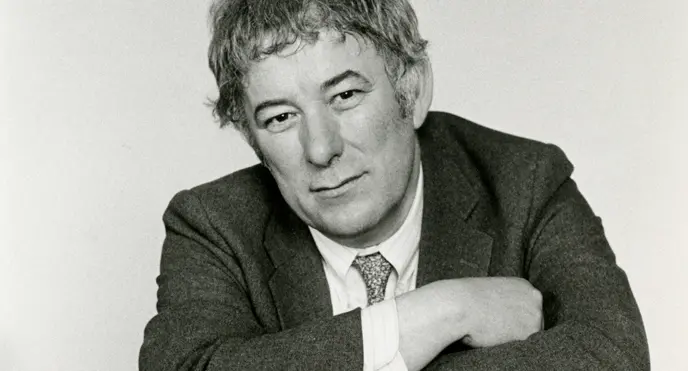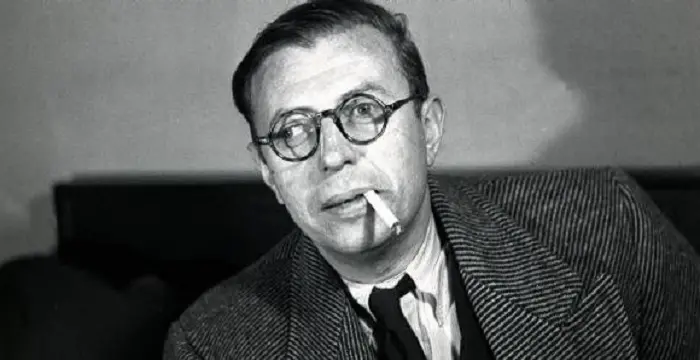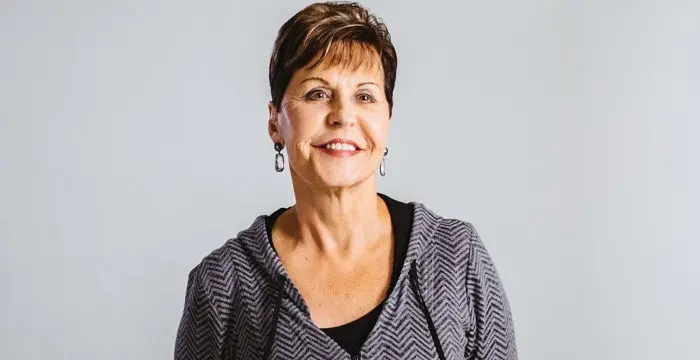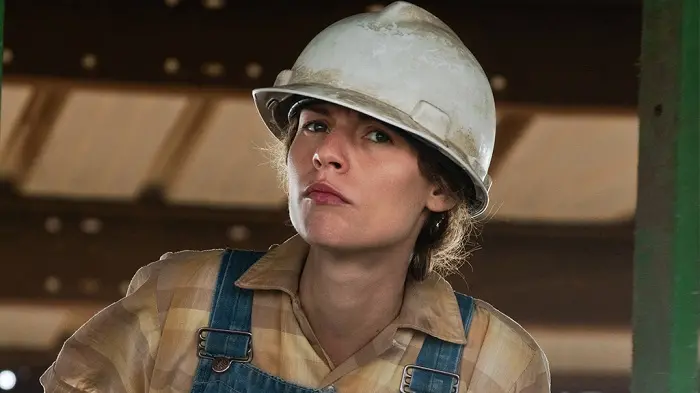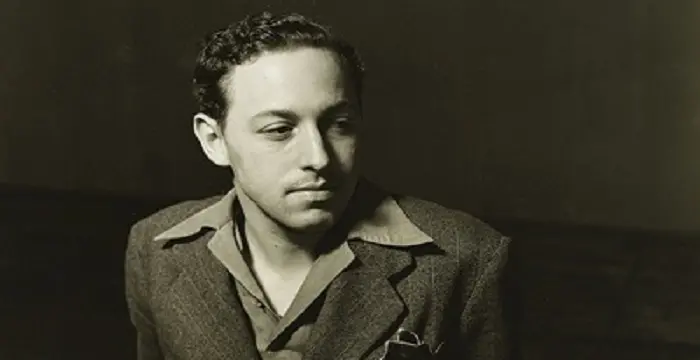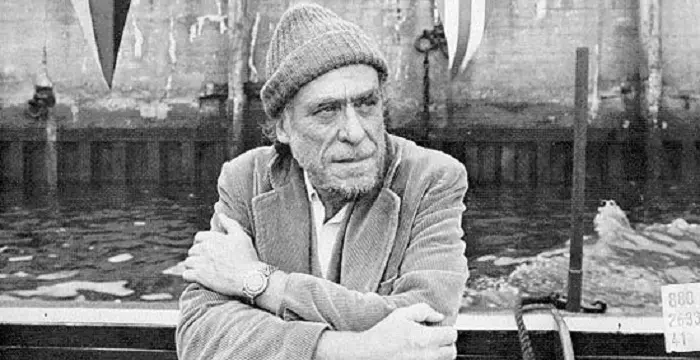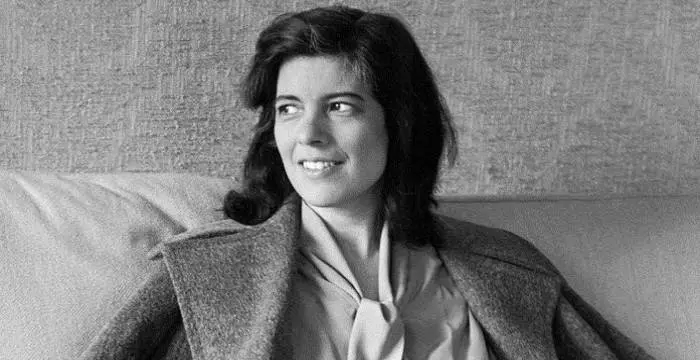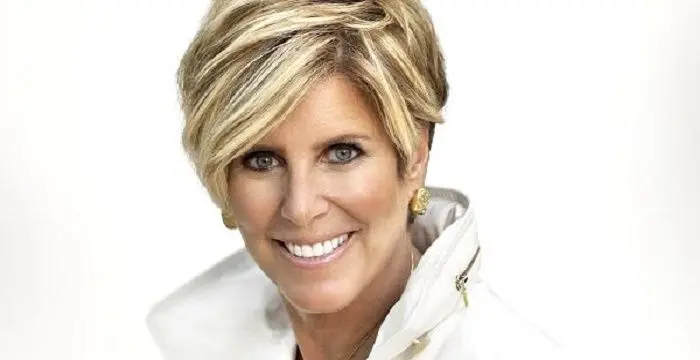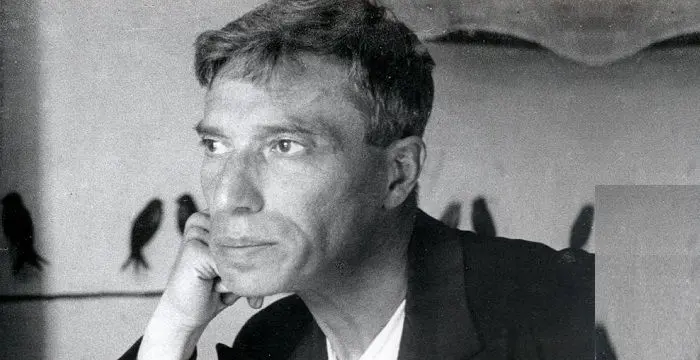
Boris Pasternak - Writers, Life Achievements and Personal Life
Boris Pasternak's Personal Details
Boris Leonidovich Pasternak was a Russian novelist, poet and translator
| Information | Detail |
|---|---|
| Birthday | February 10, 1890 |
| Died on | May 30, 1960 |
| Nationality | Russian |
| Famous | Nobel Laureates In Literature, Writers, Poets, Novelists, Poets, Writers |
| Spouses | Yevgenia Vladimirovna Lourie, Zinaida Nikolaevna Neigauz |
| Siblings | Josephine Pasternak, Lydia Pasternak Slater |
| Known as | Boris Leonidovich Pasternak |
| Childrens | Evgenij Pasternak, Leonid Pasternak |
| Universities |
|
| Birth Place | Moscow |
| Born Country | Russia |
| Gender | Male |
| Father | Leonid Pasternak |
| Mother | Rosa Kaufman |
| Sun Sign | Aquarius |
| Born in | Moscow |
| Famous as | Poet & Writer |
| Died at Age | 70 |
// Famous Poets
Walt Whitman
Walt Whitman was an American poet, journalist and humanist. Read this brief biography to find more on his life & timeline.
Sarojini Naidu
Sarojini Naidu was an Indian freedom fighter and poet. Read this brief biography to find more on her life.
Pablo Neruda
Pablo Neruda was a Chilean poet, politician and Nobel laureate. Go through this biography to learn more about his profile, childhood, life and timeline.
Boris Pasternak's photo
Who is Boris Pasternak?
Boris Leonidovich Pasternak was a Russian novelist, poet and translator. His ‘My Sister, Life’, a collection of his poetries published in 1917, remains one of the most remarkable books on poetries in Russian. Some of his other notable works on poetry are ‘Twin in the Clouds’, ‘On Early Trains’, ‘Selected Poems’ and ‘When the Weather Clears’. He translated many stage plays that were highly acknowledged by Russian audiences. Some such works are that of William Shakespeare, Johann Wolfgang von Goethe, Pedro Calderón de la Barca and Friedrich Schiller. As the author of the novel ‘Doctor Zhivago’, he became renowned internationally. The novel revolved around the Russian Revolution of 1905 and World War I. The novel was denied publication in USSR because of its free-spirited viewpoint on the socialist state. However, it was published after being smuggled to Milan. ‘Doctor Zhivago’ became a best-seller internationally but in USSR it was sold secretly. He received the Nobel Prize for Literature in 1958, but had to forgo the award as the ‘Communist Party of the Soviet Union’ was embarrassed by such move and also showed its resentment. Later in 1988 Pasternak’s descendents accepted the award.
// Famous Writers
Alan Watts
Alan Watts was a famous British philosopher known for his Zen teachings and interpretations of Eastern philosophy. Read more about this great philosopher in the following article.
Malik Yoba
Malik Yoba is an American actor, writer, and singer who made his film debut in 1993 with ‘Cool Runnings.’ Check out this biography to know about his childhood, family life, achievements and fun facts about him.
Carl Sandburg
Carl Sandburg was a famous multiple Pulitzer Prize winner writer and poet. Read more about the life and the works of this prolific writer in the following article.
Childhood & Early Life
He was born on 10 February, 1890 (Old Style, 29 January) in Moscow, Russia, in an affluent Russian Jewish family to Leonid Pasternak and Rosa Kaufman as one of their four children.
His father was a Post-Impressionist painter and professor at the ‘Moscow School of Painting, Sculpture, and Architecture’ and his mother was a concert pianist.
His parents were involved in the Tolstoyan Movement. His father created several illustrations for novelist Tolstoy’s books. Tolstoy was a family friend and when Tolstoy escaped home and finally died, Leonid Pasternak along with Boris went to see Tolstoy and created a drawing of the novelist on his deathbed.
Many renowned personalities including philosophers, composer and pianists, poets and novelists visited the Pasternak's household regularly. Some of them were Alexander Scriabin, Rainer Maria Rilke, Sergei Rachmaninoff and Lev Shestov.
He began his academic life in a German Gymnasium in Moscow. Inspired by composer and pianist Alexander Scriabin, he joined the ‘Moscow Conservatory’ in 1904 and studied musical composition till 1910.
In1910 he joined the ‘German University of Marburg’. There he studied under the guidance of Neo-Kantian philosophers like Paul Natorp, Nicolai Hartmann and Hermann Cohen.
Career
Though few of his poetry collections including ‘Twin in the Clouds’ (1914), ‘Over the Barriers’ (1916) and ‘Themes and Variations’ (1917) were published, success and recognition eluded him.
He became romantically involved with Ida Wissotzkaya who belonged to a family of wealthy tea merchants. He met her in 1912 in Marburg. When the damsel turned down his marriage proposal due to family pressure, he expressed his emotions in the 1917 poem, ‘Marburg’.
At the time of the First World War, he joined a chemical factory in Vsevolodovo-Vilve and taught as well. When the Russian Revolution of 1917 ended, unlike his other family members, he chose to stay back in Russia and joined the library of the Soviet commissariat of education.
He penned down some Hermetic pieces that included the lyrical masterpiece, ‘Rupture’ in 1921.
His book of poetry collections, ‘My Sister, Life’ was published in 1922. It not only established him as one of the prominent poets of the Russian language, but also made him a new role model among aspiring poets. His revolutionary works in the collection reoriented the poetry of many others.
At the turn of 1920s, he wanted to make his works more comprehensible for one and all and in this pursuit he re-wrote many of his works. He penned two long poems and also endeavoured into prose writing that included many autobiographical stories. A few remarkable ones are ‘Safe Conduct’ (1931), ‘Second Birth’ (1932) and ‘The Last Summer’ (1934).
In 1937, during the trial of Marshal Mikhail Tukhachevsky and General Iona Yakir, he refused to sign a statement, which was consent for death penalty for the defendants. It was forwarded by the ‘Union of Soviet Writers’ to all its members. The chairman of the Union, Vladimir Stavski was terrified that he would be punished for Pasternak's dissent so he tried to force Pasternak to sign the statement but he refused. The fear of a possible arrest made his pregnant wife Zinaida Pasternak extremely upset but he refused to bow down.
He instead made a direct appeal to Stalin and conveyed his family’s strong Tolstoyan convictions. It is believed that Stalin struck off Pasternak’s name from the execution list at the time of the ‘Great Purge’. Pasternak was never incarcerated by the Soviet secret police.
In 1943, in the midst of the Second World War, he obtained permission and visited the fronts to meet the soldiers. He mingled with them and cheered them up by reading out his poems.
He completed his masterpiece, ‘Doctor Zhivago’ in 1956, with some of its parts written in as early as 1910s and 1920s. ‘Novy Mir’ refused to publish the novel as the novel defied socialist realism. Some of its portions were considered anti-Soviet.
Journalist, Sergio d'Angelo visited Soviet Union at the behest of the Italian Communist Party in March 1956. Sergio d'Angelo was also in the lookout for new literary works in the Soviet as commissioned to him by Giangiacomo Feltrinelli, a publisher of Milan. After Sergio d'Angelo came to know about ‘Doctor Zhivago’, he approached Pasternak. It was published by Feltrinelli’s company and released in November 1957.
After a closed door trial, the ‘Union of Soviet Writers’ declared that they have ousted Pasternak from the Union and signed a petition to the ‘Politburo’ to revoke his Soviet citizenship and deport him.
Published in 1959, ‘When the Weather Clears’ was his last book on poetries. In 1959 he began his work on a stage play trilogy, ‘The Blind Beauty’, but before he could finish the first play, he became a victim of terminal lung cancer.
Posthumously he was reinstated by the ‘Union of Soviet Writers’ in 1987 which ultimately paved way for publication of ‘Doctor Zhivago’ in the Soviet Union.
Major Works
His novel, ‘Doctor Zhivago’ garnered widespread success internationally and owing to its huge popularity and public demand it was swiftly translated and published in English by Manya Harari and Max Hayward and released in August 1958. The English version of the novel charted at the top of the bestseller list of ‘The New York Times’ for twenty six weeks during 1958 to 1959.
Awards & Achievements
He was awarded the Nobel Prize for Literature in 1958, but following the opposition from the ‘Communist Party of the Soviet Union’, he refused to accept the award which was later received by his son Evgenii in December 1989.
Personal Life & Legacy
He married Evgeniya Lurye in 1922.
He got involved in a relationship with Zinaida Neigauz in 1932 and later both of them divorced their respective spouses to marry each other.
He had two sons, Evgenii and Leonid.
He had an extramarital relationship with single mother Olga Ivinskaya, who he met in October 1946. Even though he never abandoned Zinaida, he maintained his relation with Olga throughout his life.
He succumbed to lung cancer on May 30, 1960 after which ‘Panikhida’ was carried out covertly in Pasternak's dacha. His funeral was performed in Peredelkino which was attended by thousands of admirers.
// Famous Nobel Laureates In Literature
Seamus Heaney
Nobel Laureate Seamus Heaney was an Irish poet, playwright and translator. Know about his profile, childhood, life and timeline in the biography below.
Jean-Paul Sartre
Jean-Paul Sartre was a great existentialist philosopher of the 20th century. Check out this biography to know about his childhood, family life, achievements and other facts related to his life.
Pablo Neruda
Pablo Neruda was a Chilean poet, politician and Nobel laureate. Go through this biography to learn more about his profile, childhood, life and timeline.
Boris Pasternak biography timelines
- // 10th Feb 1890He was born on 10 February, 1890 (Old Style, 29 January) in Moscow, Russia, in an affluent Russian Jewish family to Leonid Pasternak and Rosa Kaufman as one of their four children.
- // 1904 To 1910He began his academic life in a German Gymnasium in Moscow. Inspired by composer and pianist Alexander Scriabin, he joined the ‘Moscow Conservatory’ in 1904 and studied musical composition till 1910.
- // 1910In1910 he joined the ‘German University of Marburg’. There he studied under the guidance of Neo-Kantian philosophers like Paul Natorp, Nicolai Hartmann and Hermann Cohen.
- // 1912 To 1917He became romantically involved with Ida Wissotzkaya who belonged to a family of wealthy tea merchants. He met her in 1912 in Marburg. When the damsel turned down his marriage proposal due to family pressure, he expressed his emotions in the 1917 poem, ‘Marburg’.
- // 1917At the time of the First World War, he joined a chemical factory in Vsevolodovo-Vilve and taught as well. When the Russian Revolution of 1917 ended, unlike his other family members, he chose to stay back in Russia and joined the library of the Soviet commissariat of education.
- // 1921He penned down some Hermetic pieces that included the lyrical masterpiece, ‘Rupture’ in 1921.
- // 1922His book of poetry collections, ‘My Sister, Life’ was published in 1922. It not only established him as one of the prominent poets of the Russian language, but also made him a new role model among aspiring poets. His revolutionary works in the collection reoriented the poetry of many others.
- // 1922He married Evgeniya Lurye in 1922.
- // 1932He got involved in a relationship with Zinaida Neigauz in 1932 and later both of them divorced their respective spouses to marry each other.
- // 1937In 1937, during the trial of Marshal Mikhail Tukhachevsky and General Iona Yakir, he refused to sign a statement, which was consent for death penalty for the defendants. It was forwarded by the ‘Union of Soviet Writers’ to all its members. The chairman of the Union, Vladimir Stavski was terrified that he would be punished for Pasternak's dissent so he tried to force Pasternak to sign the statement but he refused. The fear of a possible arrest made his pregnant wife Zinaida Pasternak extremely upset but he refused to bow down.
- // 1943In 1943, in the midst of the Second World War, he obtained permission and visited the fronts to meet the soldiers. He mingled with them and cheered them up by reading out his poems.
- // Oct 1946He had an extramarital relationship with single mother Olga Ivinskaya, who he met in October 1946. Even though he never abandoned Zinaida, he maintained his relation with Olga throughout his life.
- // 1956He completed his masterpiece, ‘Doctor Zhivago’ in 1956, with some of its parts written in as early as 1910s and 1920s. ‘Novy Mir’ refused to publish the novel as the novel defied socialist realism. Some of its portions were considered anti-Soviet.
- // Mar 1956 To Nov 1957Journalist, Sergio d'Angelo visited Soviet Union at the behest of the Italian Communist Party in March 1956. Sergio d'Angelo was also in the lookout for new literary works in the Soviet as commissioned to him by Giangiacomo Feltrinelli, a publisher of Milan. After Sergio d'Angelo came to know about ‘Doctor Zhivago’, he approached Pasternak. It was published by Feltrinelli’s company and released in November 1957.
- // 1958 To Dec 1989He was awarded the Nobel Prize for Literature in 1958, but following the opposition from the ‘Communist Party of the Soviet Union’, he refused to accept the award which was later received by his son Evgenii in December 1989.
- // 1959Published in 1959, ‘When the Weather Clears’ was his last book on poetries. In 1959 he began his work on a stage play trilogy, ‘The Blind Beauty’, but before he could finish the first play, he became a victim of terminal lung cancer.
- // 30th May 1960He succumbed to lung cancer on May 30, 1960 after which ‘Panikhida’ was carried out covertly in Pasternak's dacha. His funeral was performed in Peredelkino which was attended by thousands of admirers.
- // 1987Posthumously he was reinstated by the ‘Union of Soviet Writers’ in 1987 which ultimately paved way for publication of ‘Doctor Zhivago’ in the Soviet Union.
// Famous Writers
Joyce Meyer
Joyce Meyer is a Christian author and speaker. This biography provides detailed information about her childhood, life, achievements, works & timeline
Temple Grandin
Temple Grandin is a well-known American writer, autistic activist and animal expert. This biography profiles her childhood, life, achievements, career and timeline
Tennessee Williams
Tennessee Williams was one of the greatest playwrights of the 20th century. This biography of Tennessee Williams provides detailed information about his childhood, life, achievements, works and timeline.
Charles Bukowski
Charles Bukowski was a German-born American novelist, short story writer and poet. With this biography, learn in details about his childhood, life, works, career and timeline
Susan Sontag
Susan Sontag is an American critical essayist, cultural analyst, novelist, political activist, filmmaker and playwright of international repute. Read on to find out more about her childhood, career, profile and timeline.
Suze Orman
Suze Orman is an American television host, financial advisor, author and motivational speaker, famous for her ‘The Suze Orman Show’ on CNBC. This biography profiles her childhood, life, career, works, achievements and timeline.
Boris Pasternak's FAQ
What is Boris Pasternak birthday?
Boris Pasternak was born at 1890-02-10
When was Boris Pasternak died?
Boris Pasternak was died at 1960-05-30
Where was Boris Pasternak died?
Boris Pasternak was died in Peredelkino, USSR
Which age was Boris Pasternak died?
Boris Pasternak was died at age 70
Where is Boris Pasternak's birth place?
Boris Pasternak was born in Moscow
What is Boris Pasternak nationalities?
Boris Pasternak's nationalities is Russian
Who is Boris Pasternak spouses?
Boris Pasternak's spouses is Yevgenia Vladimirovna Lourie, Zinaida Nikolaevna Neigauz
Who is Boris Pasternak siblings?
Boris Pasternak's siblings is Josephine Pasternak, Lydia Pasternak Slater
Who is Boris Pasternak childrens?
Boris Pasternak's childrens is Evgenij Pasternak, Leonid Pasternak
What was Boris Pasternak universities?
Boris Pasternak studied at Moscow Conservatory, University of Marburg, Moscow State University
Who is Boris Pasternak's father?
Boris Pasternak's father is Leonid Pasternak
Who is Boris Pasternak's mother?
Boris Pasternak's mother is Rosa Kaufman
What is Boris Pasternak's sun sign?
Boris Pasternak is Aquarius
How famous is Boris Pasternak?
Boris Pasternak is famouse as Poet & Writer
